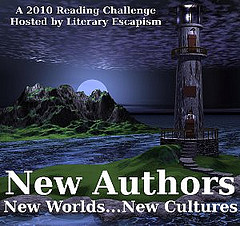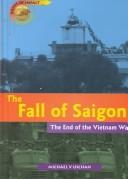
Participants who signed up for the challenge can now enter the giveaways to win . . . what else . . . BOOKS!
Head on over and check out the following challenges and enter which ones you qualify for based upon your reading achievements.
Giveaway posts are as follows:
Good Luck everyone!






 Tipping Point by Fred Marchant is a collection of poetry broken down into five parts and published by Word Works after winning the 1993 Washington Prize. Readers may wonder what a former Marine Corps Lieutenant and one of the first honorably discharged conscientious objectors would have to say about the Vietnam War, especially having only served two years. This collection is a journey through the memories of childhood, adulthood, and military service, and beyond.
Tipping Point by Fred Marchant is a collection of poetry broken down into five parts and published by Word Works after winning the 1993 Washington Prize. Readers may wonder what a former Marine Corps Lieutenant and one of the first honorably discharged conscientious objectors would have to say about the Vietnam War, especially having only served two years. This collection is a journey through the memories of childhood, adulthood, and military service, and beyond.






